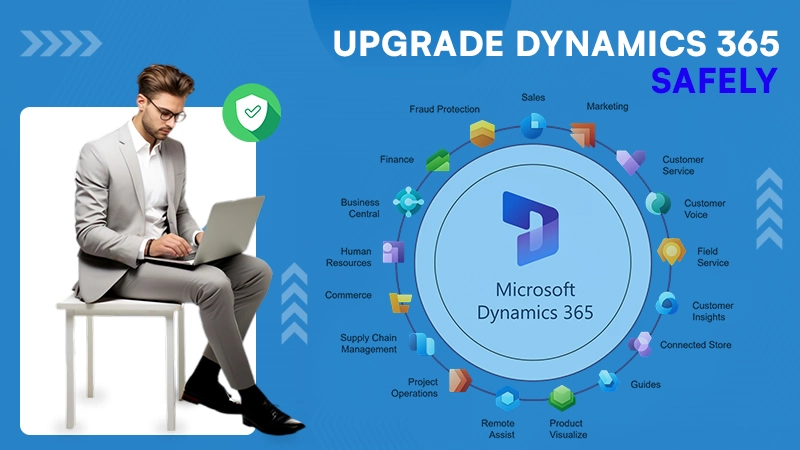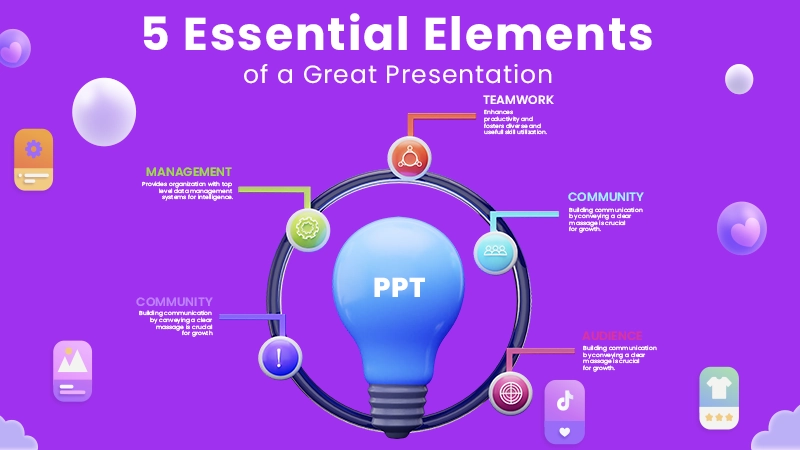In the current digital age, where everything seems interconnected and just one click away, online privacy is paramount. In fact, it is becoming so alarming that about 9 out of 10 Americans are now considering their online privacy an important issue (Source: explodingtopics.com)
So, with cyber threats and privacy breaches becoming one of the biggest concerns these days, this demand for some vital tools that ensures online privacy and security.
And, this is right where Virtual Private Networks (VPNs) and mobile proxies come into play as a fine tool, providing enhanced security. So, in this read, I will navigate you through the core functionality of the mobile proxies and VPNs. Along with their key differences and ideal uses.
Let’s start!
Understanding the Privacy Tools of Today
We all use internet services in one way or another. Whether it’s through social media, websites, government platforms, or cloud services, our data can get exposed.
In 2023, 80% of data breaches involved all data stored on the cloud. And in 2024, statistics show that more than 560 million Ticketmaster customers had their data stolen. So, why do data breaches occur? Maybe we have not committed enough to online protection and security. Online security measures appear to be, after all, a crucial need.
VPNs and mobile proxies both mask your IP address and provide a degree of anonymity. However, these two popular tools function differently, each with different use cases.
Virtual private networks establish a secure connection, encrypt data, and route it through remote servers in a location of your choice. Conversely, mobile proxies act as intermediaries between your device and the internet, handling requests on your behalf through an alternative IP address.
Without a VPN, unauthorized third parties can access your unencrypted data and IP address. This also means that even websites can have access to your information. Using a VPN tool, however, enables you to mask your IP and encrypt your data, making your browsing experience more secure.
On the other hand, mobile proxies offer a faster connection but don’t encrypt your internet traffic. Ideally, they can hide your location and minimize detection and tracking risk.
Generally speaking, mobile proxies may not provide the same level of security and protection as VPNs. However, they more than make up for it in speed while still providing a nice sense of safety. Let’s discuss this further in the next section.
Privacy and Security Features
As mentioned earlier, mobile proxies do not offer encryption. They offer IP address rotation and geo-targeting, thus enhancing anonymity and minimizing traceability. We also mentioned faster connection speeds.
The performance of mobile proxies will depend on factors such as network congestion, server location, and the quality of the provided proxy service. In most cases, they offer a reliable and faster connection, especially for tasks that need frequent IP changes and heavy data transmission.
VPNs offer enhanced security through the use of encryption protocols such as IKEv2/IPsec. This encryption shields your internet traffic, preventing ISPs, hackers, or unauthorized parties from intercepting your data. Additionally, most providers offering these tools have strict no-log policies, meaning they don’t store or track your browsing activities.
Accessibility and Compatibility
As the name suggests, mobile proxies, just like other proxies, are configured on a per-application basis, such as within a specific software or web browser. You can manually configure them for different devices and browsers.
Their services may include pay-as-you-go options, subscription plans, and usage-based pricing models. However, the prices may differ depending on data transfer limits, IP location, and additional features. You may also get customized plans or fixed-rate packages with some predetermined features.
VPNs are compatible with most internet services and applications as they work on various devices, including smart TVs, tablets, desktops, and smartphones. Their configuration and usage are also easy as they offer multiple apps and software to users.
Their services include subscription models with different pricing tiers based on server location, features, and subscription duration, including monthly, yearly, or multi-year plans. Some providers offer discounts, free versions, or trial periods before users commit to subscription plans.
Do You Know?
85% of global adults want to do more to protect their online privacy. And, about two-thirds of global consumers feel like tech giants have too much control over their data.
Advantages and Disadvantages
Both tools have plenty to offer. Depending on your use case, you may find one of them fits your needs better. Assess your requirements and take a closer look at the intricacies of each before selecting the right one for you. To help you do that, here is a quick summary of the pros and cons of mobile proxies and VPNs:
Pros

Cons

Conclusion
Choosing between mobile proxies and VPNs depends on your preference, your desired level of privacy and security, and your use cases. Though VPNs offer more protection and versatility for your needs, mobile proxies provide speed and flexibility that could be valuable for tasks that need dynamic
IP rotation and anonymity. So, remember to choose an alternative that aligns with your privacy and security objectives first. Feel free to learn more here about mobile proxies.










